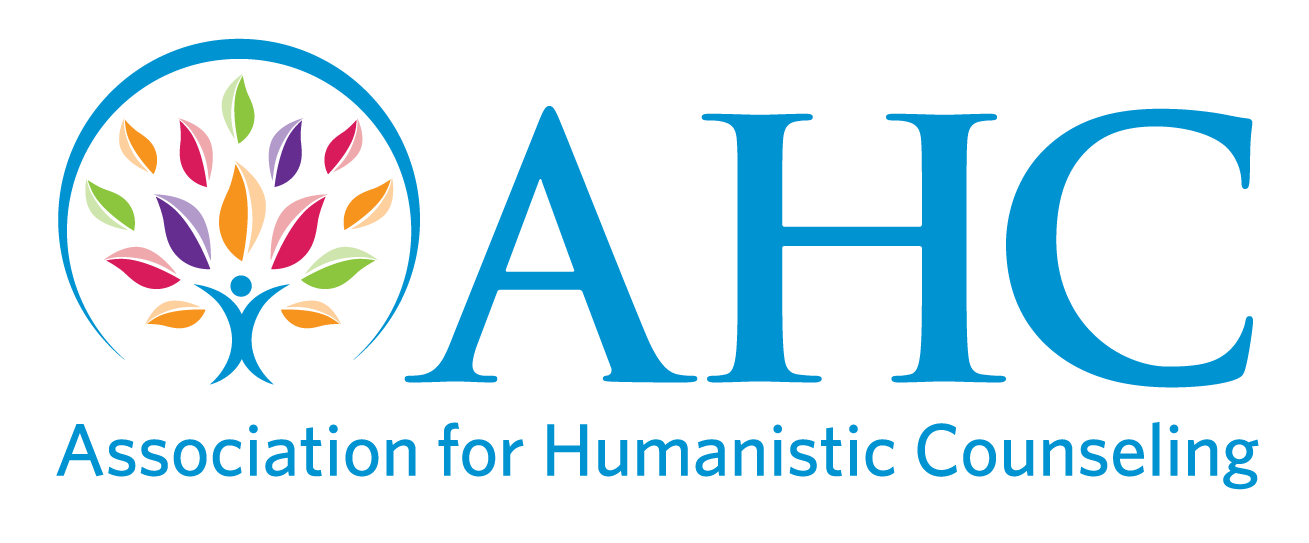Maslow’s Hierarchy of Needs and Racism During the COVID-19 Pandemic
By Justina Wong
The COVID-19 pandemic has changed the world and created a higher need for mental health professionals and healthcare professionals. When the mandatory shelter-in-place order first went out, I was in six and a half months into my internship during fieldwork and taking the second to last class I have to take in order to complete my program. I was excited regarding the prospect of implementing telebehavioral health services because it is a service, I am familiar with. However, I was worried. I was worried about my clients (military veterans and dependents), my health, if I would get enough hours to pass required courses, and how the job market would look once I graduate. It made me feel slightly more relieved that I was not alone. Yet it was also extremely unsettling that many other students were faced with similar challenges.
As the shelter-in-place order continued, I felt a great sense of responsibility towards my clients. Many of them were already isolated from their family, friends, and society and I was worried that the quarantine would make it worse. I drew my own version of Maslow’s hierarchy of needs for self-accountability to keep track of my own needs. I knew that there would be a great need for mental health services so in my attempt to prepare myself, I was trying my best to figure out what types of self-care worked best. Every week I would write down what needs were met and what needs were not met.
Maslow’s hierarchy of needs has five tiers: physiological needs, safety, love and belonging, esteem, and self-actualization (Maslow, 1943). According to Stefan, Popa, and Albu (2020), individuals will try to meet the needs of higher tiers if those needs supersedes the lower tier needs. I noticed throughout my documentation of what needs were met and unmet that I was fixated on the self-actualization and physiological needs tiers. I took on a mentality that I am personally responsible for my client’s welfare. This took a lot of energy from me. I realized that at the end of the day, I was exhausted. I was reminded again that I cannot control what other people do, I can only control what I do.
I was fixated on the physiological needs tier because of the traumatic experiences that I experienced as an Asian American during the COVID-19 pandemic. I kept thinking about getting food at the grocery store and those thoughts would heighten my symptoms of anxiety. I would go days without sleep because I was so anxious and consumed with these destructive thoughts. The day right before the mandatory shelter-in-place order went into effect in California, I went to the grocery store to stock up on food. While I was perusing the aisles, I coughed because my throat was dry. There were two women in the same aisle and one of them looked at me with disgust and said, “oh my god she has corona” while the other woman told me to “go back to China.” I felt attacked for no reason. I was only trying to pick out a loaf of bread for my family. This incident made me nervous about going to public places like grocery stores or post offices.
In May, I went to the grocery store to pick up ingredients for Mother’s Day. When I was walking to my car with my cart of groceries, a white woman began calling me racial slurs like “you chink.” She told me that I am a “stupid chink” and that I “was not an American.” I was in disbelief. I have experienced several incidents when another individual told me to “go back to China,” but this was the first time anyone has called me a racial slur. Every time after this incident, I take extra precautions when going to the store. I am always aware of my surroundings and I take more notice of who is walking around me. I specifically take note if someone is walking behind me like this woman was. Even though it was a traumatizing experience, I realized that I am still very privileged.
I am privileged due to a variety of different factors. These factors include the color of my skin, socioeconomic status, level of education, religious beliefs, sexual orientation, gender, and positive stereotypes about my ethnicity and race. It was almost like having an epiphany to realize that although I have experienced racism, I am privileged. The idea of being privileged never occurred to me based on my upbringing. My parents drilled into me that we were at the bottom with no privilege and I believed it. I also concluded that I have a lot more privilege than my parents due to my socioeconomic status, level of education, and being able to speak English and Chinese fluently.
The biggest lesson I have learned during this pandemic as a counselor-in-training is to take care of myself and ensure I am mentally well. I used to talk about self-care all the time. It is so different to actively engage in self-care daily compared to talking about it. I must actively role model self-care and positive coping strategies because I know my clients can tell if I am having an off day. It is crucial to remember that maintaining my mental wellness is a priority because counselors are frontline workers. We are the last line of defense for everyone going through mental health turmoil and I cannot pour from an empty cup.
References
Maslow, A. H. (1943). A theory of human motivation. Psychological Review, 50(4), 370-396.
Stefan, S. C., Popa, S. C., & Albu, C. F. (2020). Implications of Maslow’s hierarchy of needs theory on healthcare employees’ performance. Transylvanian Review of Administrative Sciences, 16(59), 124-143.
